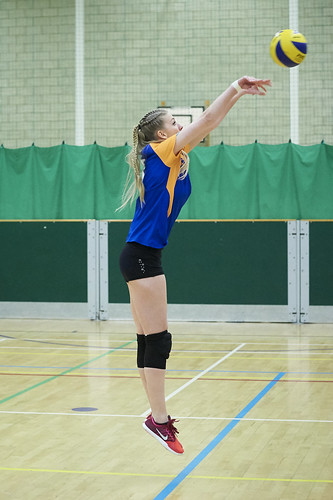
Do you eat before training at 6 am? Do you eat dinner after 10pm? Many questions, and as many people, so many opinions. However, the truth is one. Regardless of the time of our physical activity, we MUST eat a meal before and after training.
Before training
It is commonly said that training on an empty stomach causes faster fat burning, because we did not provide energy … IT’S A MYTH !. If you don’t eat breakfast, your body will work less efficiently, have no strength to exercise, and as a result burn less calories than after breakfast – shapewear UK
The pre-workout meal is designed to provide a large amount of quickly obtained energy. This will enable your activity at the highest level. Carbohydrates are a reliable source of energy, which is why they should be in the foreground here. Bet on products with a low or medium glycemic index that will guarantee us a gradual release of glucose and an increase in glycogen levels in the liver and muscles.
Protein is an inseparable element. On the other hand, fat in the pre-workout meal should definitely be LIMITED. Avoid them, because they weaken the absorption of the above-mentioned components. In addition, they can cause a feeling of heaviness and you will not be able to give 100% of yourself.
We should have such a meal 1-2 hours before training.
Examples of products are:
- in the morning: egg and oatmeal omelette served with fruit or wholemeal bread with cottage cheese
- around noon: lean meat with the addition of vegetables, or groats or pasta.
After workout
A post-workout meal is very important. During exercise, protein and muscle glycogen are consumed. It is not true that if we do not eat after training, the body will draw energy from fat. If an hour after training we do not provide the body with energy, it will start drawing it from the muscles, reducing their mass, without changing the fat mass. And of course we want to avoid it 😉
The combination of carbohydrates and proteins (in the right proportion, i.e. 3-4 g carbohydrates; 1 g protein) promotes the production of insulin, which transports glucose from the blood to the muscles and causes glycogen restoration. The post-workout meal should basically be similar to pre-workout, protein-carbohydrate. Eg tuna with whole-grain bread and vegetables or all kinds of protein shakes with the addition of groats or fruit. The supply of protein in such a meal should be from 20g to 40g, and carbohydrates from 60g to 120g (converting about 1g / kg body weight) during the first two hours after the end of exercise.
Pay attention to the type of carbohydrates you take. For those not yet initiated: we distinguish products with high and low glycemic index.
Those with high IG cause so-called jumps in blood glucose, which promotes fat storage. Their consumption should be conditioned by the frequency and intensity of training. If the trainings are intense (performed every day, over 1.5 hours), you can easily reach for products with a high glycemic index. After those with lower intensity should be limited to those with low and medium IG.
If our trainings do not overlap, we train less than 24h, then the body has more time to rebuild the carbohydrate reserves. In such situations, we reach for complex carbohydrates, such as those found in whole grain cereals or legumes. However, if the trainings are intense and overlap, then we can exceptionally afford the so-called simple sugars.
After training, we can also afford a portion of polyunsaturated fatty acids, which are also a source of energy for muscles. Such fats contain, for example, nuts, fatty fish or olive oil added to the salad.
And if you did tonight?
Yes, then you MUST eat too! The only thing that should be different after the evening workout after the rest is the reduced amount of carbohydrates, BUT not completely eliminated. So instead of cottage cheese with two slices, we eat one.
Properly composed post-workout meal in combination with your “accelerated” metabolism after exercise, makes your body focus on muscle recovery and storage of carbohydrates in the form of glycogen. You need to eat so that your body regenerates and does not accumulate body fat.